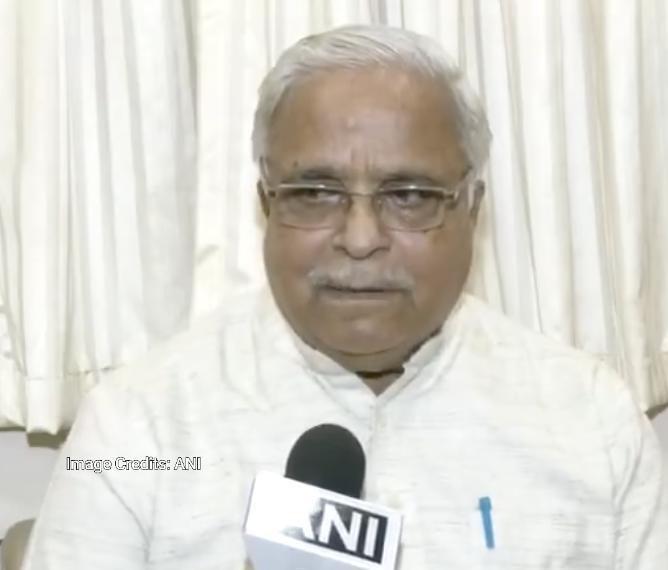
RSS Bhaiyyaji Clarifies ‘No Need to Learn Marathi to Live in Mumbai’ Remark
In a recent statement, RSS leader Bhaiyyaji Joshi sparked controversy by saying that one doesn’t need to learn Marathi to live in Mumbai. Joshi’s remark was seen as a departure from the long-standing tradition of promoting the use of Marathi language in Maharashtra. The statement has been met with both support and criticism from various sections of society.
To clarify his earlier remark, Bhaiyyaji Joshi recently stated that while Mumbai is a cosmopolitan city, the language of Maharashtra is Marathi. He emphasized that as Mumbai is situated in Maharashtra, it is natural for the language of the city to be Marathi. This clarification has raised more questions than answers, leaving many wondering about the implications of Joshi’s statement.
The statement was made in response to a remark by Maharashtra Chief Minister Devendra Fadnavis, who had urged people living in Mumbai to learn Marathi. Fadnavis’ statement was seen as an attempt to promote the use of the official language of the state, which has been a subject of debate in recent times.
The debate surrounding the use of Marathi language in Mumbai is not new. With a significant portion of the city’s population comprising people from different linguistic and cultural backgrounds, there have been calls for the promotion of Hindi and English as well. However, the state government has maintained that Marathi is the official language of Maharashtra and should be promoted and used in all official contexts.
Bhaiyyaji Joshi’s statement has been seen by some as an attempt to downplay the importance of Marathi language in Mumbai. His remark that Mumbai doesn’t have a single language has been criticized by many who argue that while the city is indeed cosmopolitan, Marathi is an integral part of its culture and identity.
On the other hand, some have argued that Joshi’s statement is a reflection of the reality of Mumbai, which is a city where people from different linguistic and cultural backgrounds coexist and contribute to its unique character. They argue that the city’s diversity is its strength, and that there is no need to promote a single language above others.
However, the debate surrounding the use of Marathi language in Mumbai is not just about language; it is also about identity and culture. For many people, Marathi is not just a language but a symbol of their cultural heritage and identity. Promoting the use of Marathi language is seen as a way to preserve this cultural heritage and to promote the unique identity of the city.
The controversy surrounding Bhaiyyaji Joshi’s statement has also raised questions about the role of language in shaping our identity and culture. Language is an integral part of our cultural heritage, and it plays a significant role in shaping our sense of identity and belonging.
In conclusion, Bhaiyyaji Joshi’s statement that one doesn’t need to learn Marathi to live in Mumbai has sparked a heated debate about the use of Marathi language in the city. While some see it as a reflection of the reality of Mumbai’s diversity, others argue that it is a departure from the tradition of promoting Marathi language in the state. The controversy has raised questions about the role of language in shaping our identity and culture, and it has highlighted the need for a nuanced and inclusive approach to language policy.






